
Traveling to Japan is full of excitement, but visiting a place with a different culture and customs can be daunting. Here, we introduce 15 useful tips to help you enjoy a comfortable and fun trip to Japan!
*If you purchase or book any products mentioned in this article, a portion of the sales may be returned to FUN! JAPAN.
1. Get a SIM Card or Pocket Wi-Fi

While free Wi-Fi is available at many cafes, convenience stores, shopping centers, and some public facilities, it can be difficult to access in rural areas. Therefore, it’s best to prepare a SIM card or pocket Wi-Fi in advance.
If you want to start using a SIM card right away in Japan, you can buy one from dedicated counters or vending machines at major airports, as well as from electronics stores or convenience stores in the city. Pocket Wi-Fi devices can be picked up and returned at major airports across Japan. It’s recommended to reserve one online before arriving for a smoother experience.
- For more information on buying SIM cards in Japan, 👉 read this article.
😄Enhance your travel experience in Japan with NAVITIME eSIM! 👉 Click here
2. Be Aware of the Suspension of Unregistered "Suica" and "PASMO" Sales

The prepaid electronic money cards "Suica" and "PASMO," primarily issued in the Tokyo area, can be used for most trains and buses across Japan as well as for purchases at convenience stores and vending machines.
However, unregistered Suica and PASMO cards, which don’t require personal information and are easily issued from ticket vending machines, were suspended in 2023 due to a semiconductor shortage. Consider using "Welcome Suica" instead. This IC card, designed for foreign tourists, can be purchased at ticket counters in Tokyo Station, Shinagawa Station, and at vending machines at Haneda and Narita airports. It doesn’t require a deposit and is valid for 28 days. Note that you can only recharge it with cash.
Starting in spring 2025, an app for Welcome Suica will be available for iPhones. You’ll be able to issue a Suica before entering Japan and top it up using a credit card registered with Apple Pay.
Please note that "PASMO PASSPORT" was discontinued in October 2024.
Is the Unlimited Ride Rail Pass Really Worth It? Consider Carefully Before Purchasing
The "Japan Rail Pass" offers unlimited train rides to foreign tourists and covers most trains operated by JR, including certain Shinkansen bullet trains.
While it can be a great value for travelers covering long distances, a significant price increase in October 2023 raised the cost to 50,000 yen for a 7-day pass, 80,000 yen for 14 days, and 100,000 yen for 21 days. Depending on your travel plans, buying individual tickets may be more economical, so it’s important to consider which option works best for you.
In addition to the Japan Rail Pass, there are regional passes offering great value. Check out this article for more information.
- KANSAI RAILWAY PASS
- Summary of passes that can be used in the Tokyo metropolitan area
- Summary of passes that can be used in Tokyo
3. Travel Light
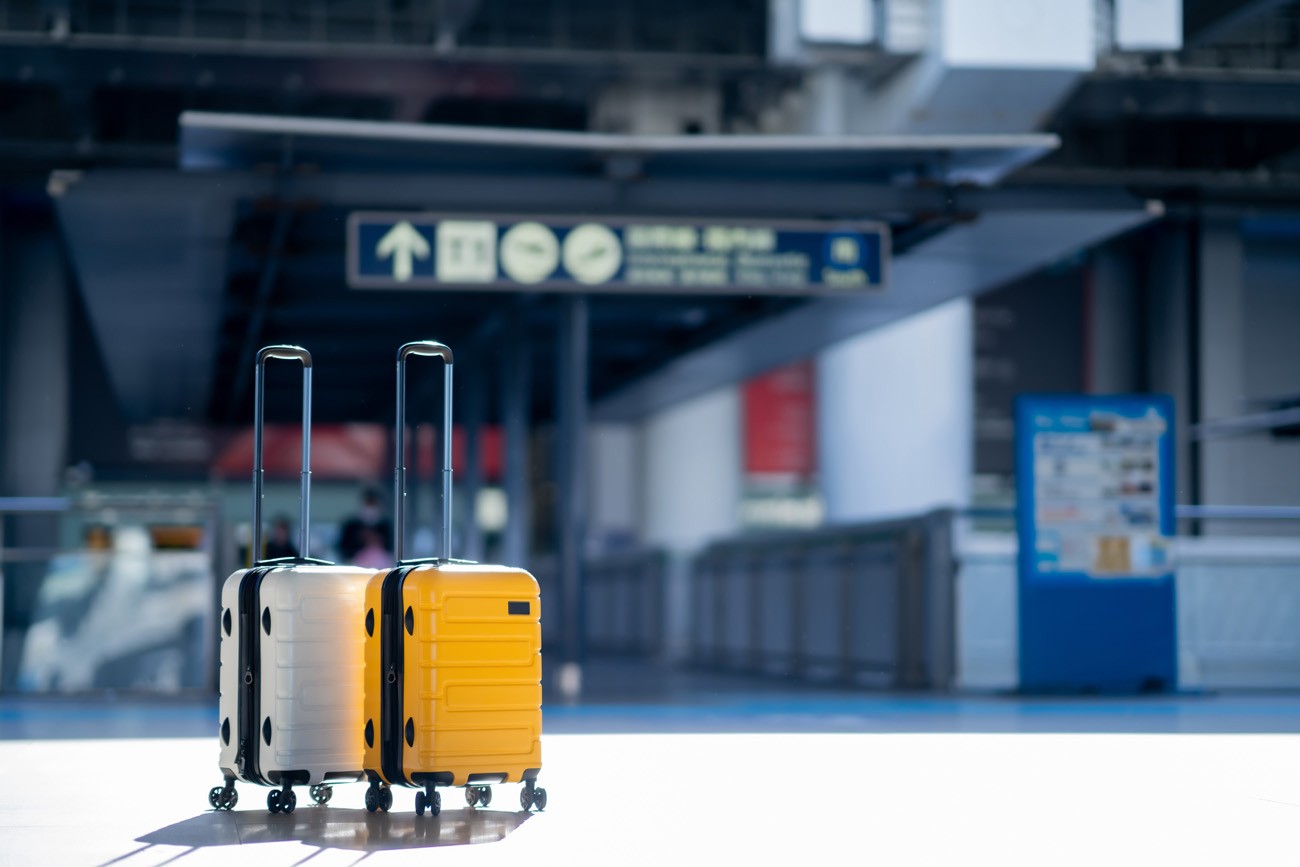
It's best to travel to Japan with a compact suitcase. Hotel rooms in Japan are often designed to be smaller, and some older hotels or ryokan (traditional inns) may not have elevators.
Additionally, trains and buses can have limited space, and during rush hour, they can get crowded. Carrying a large suitcase may make getting on and off more difficult.
< Tip: Ways to Avoid Carrying Your Suitcase Around>
Many train stations have coin lockers where you can temporarily store your luggage. Major stations are equipped with lockers large enough for suitcases.
In addition to coin lockers, some locations in urban areas offer temporary paid luggage storage services.
- Coin lockers and luggage storage spots in Shibuya, Tokyo
- Coin lockers and luggage storage in Namba and Dotonbori in Osaka
You can also use delivery services that transport your luggage from the airport to your hotel. Once you drop off your suitcase at the airport, it will be delivered to your hotel by the same day or the next day, offering great convenience.
4.Carry Cash
Some small local shops and restaurants in rural areas may only accept cash. Additionally, donations or offerings at shrines and temples ("osaisen") are typically cash-only. For these reasons, it’s advisable to always carry cash.
You can exchange money at airport currency exchange counters or withdraw cash from ATMs at convenience stores. For example, "7-Eleven" ATMs are available 24/7 and accept foreign-issued credit cards, making it convenient for unexpected expenses. Fees vary by card brand, but they tend to be relatively low.
5. Check Business Hours in Advance

Operating hours for restaurants and tourist spots in Japan can vary by day of the week or season. Many restaurants take their last order 30-60 minutes before closing, so it’s good to check their hours beforehand.
Shopping malls and other commercial establishments often open around 11 a.m., so if you want to make the most of your time, consider visiting temples or shrines in the morning and heading to shopping centers afterward.
6. Wear Comfortable Shoes
In Japan, you may find yourself walking long distances. Many temples and shrines have numerous steps or require walking on mountain paths, so it’s best to wear non-slip, cushioned shoes.
In addition, certain places like traditional restaurants or temples may require you to remove your shoes, so it’s helpful to wear shoes that are easy to take on and off.
7. Follow Public Etiquette
Good manners are highly valued in Japan, especially in public places. Talking on the phone or speaking loudly on trains and buses is considered impolite and may lead to trouble with other passengers. Be considerate of others.
Likewise, at quiet places like shrines and temples, respect the atmosphere by remaining quiet.
8. Mind Your Dining Etiquette
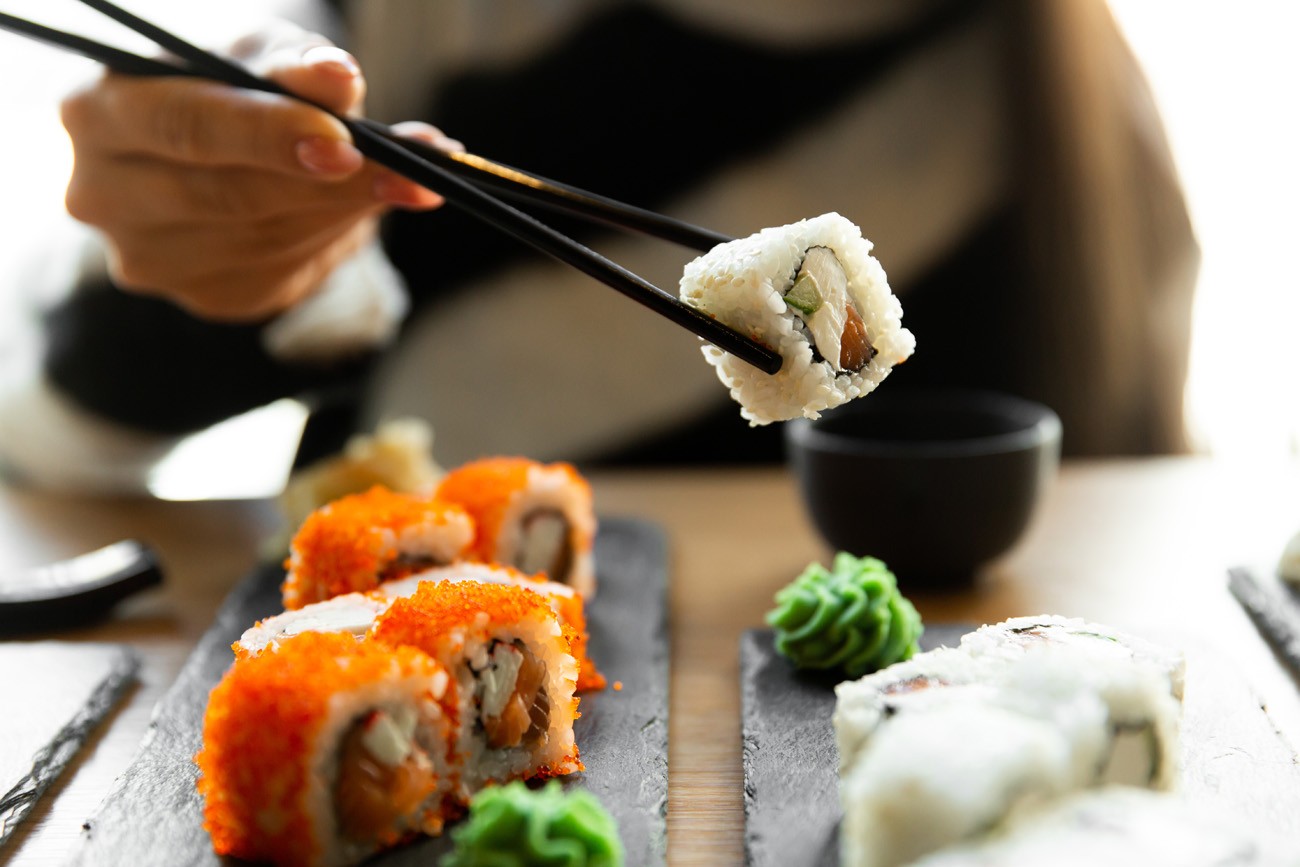
Japan has its own dining customs. For example, it is considered bad manners to pass food directly from one pair of chopsticks to another, as this resembles a ritual performed at funerals involving bones.
It is also customary to lift bowls containing rice or soup closer to your mouth when eating.
Additionally, eating while walking is viewed as impolite. It’s best to finish any purchased food on the spot.
9. Get Used to Queuing
Orderly queuing is highly valued in Japan. Whether waiting for a train, bus, at a restaurant entrance, or in front of an elevator, people form neat lines.
Always join the end of the line. Cutting in line is considered rude and should be avoided.
10. Be Prepared to Take Your Trash with You
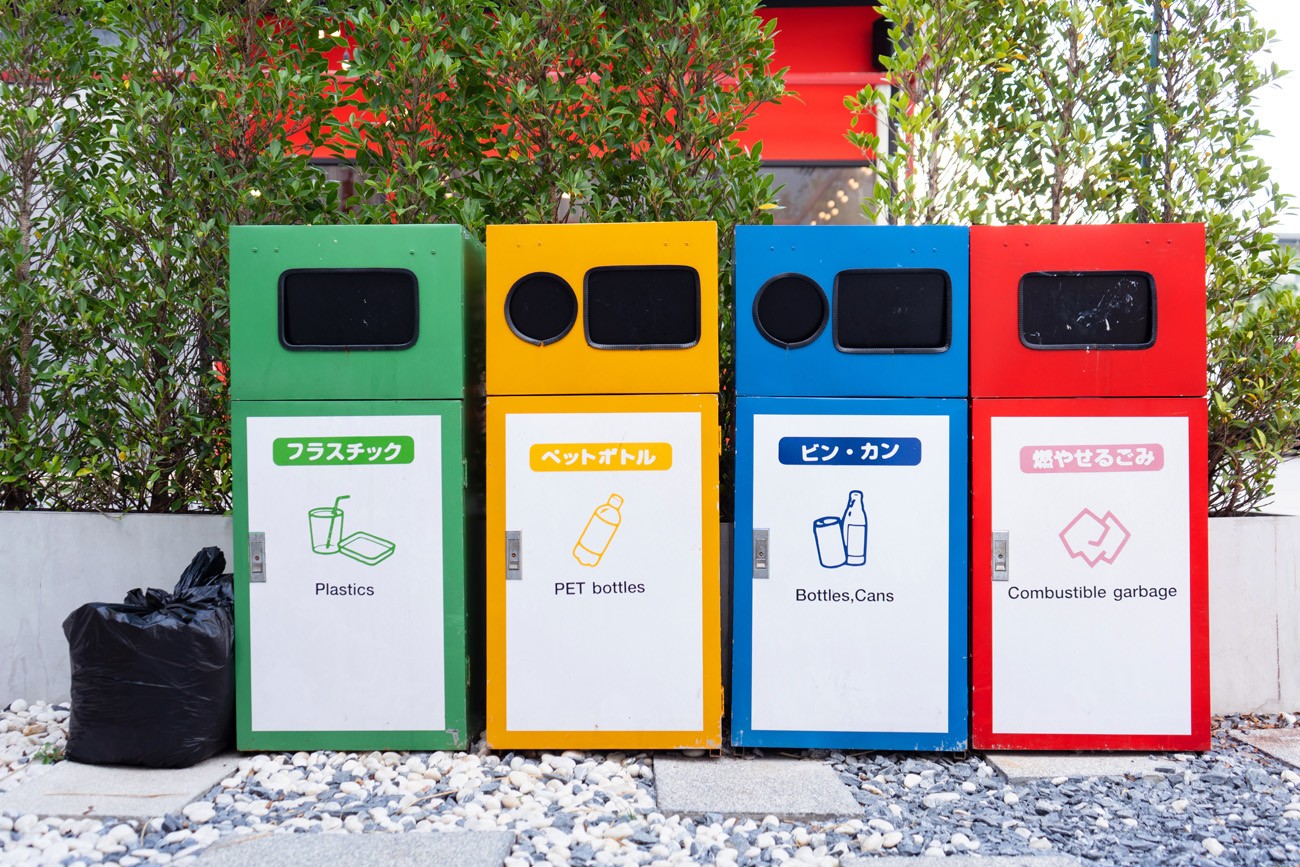
Due to security reasons and a culture that promotes taking one's trash home, there are very few public trash cans in Japan.
Travelers should carry a bag to store their waste and dispose of it at their accommodation.
11. Follow Onsen and Public Bathhouse Etiquette
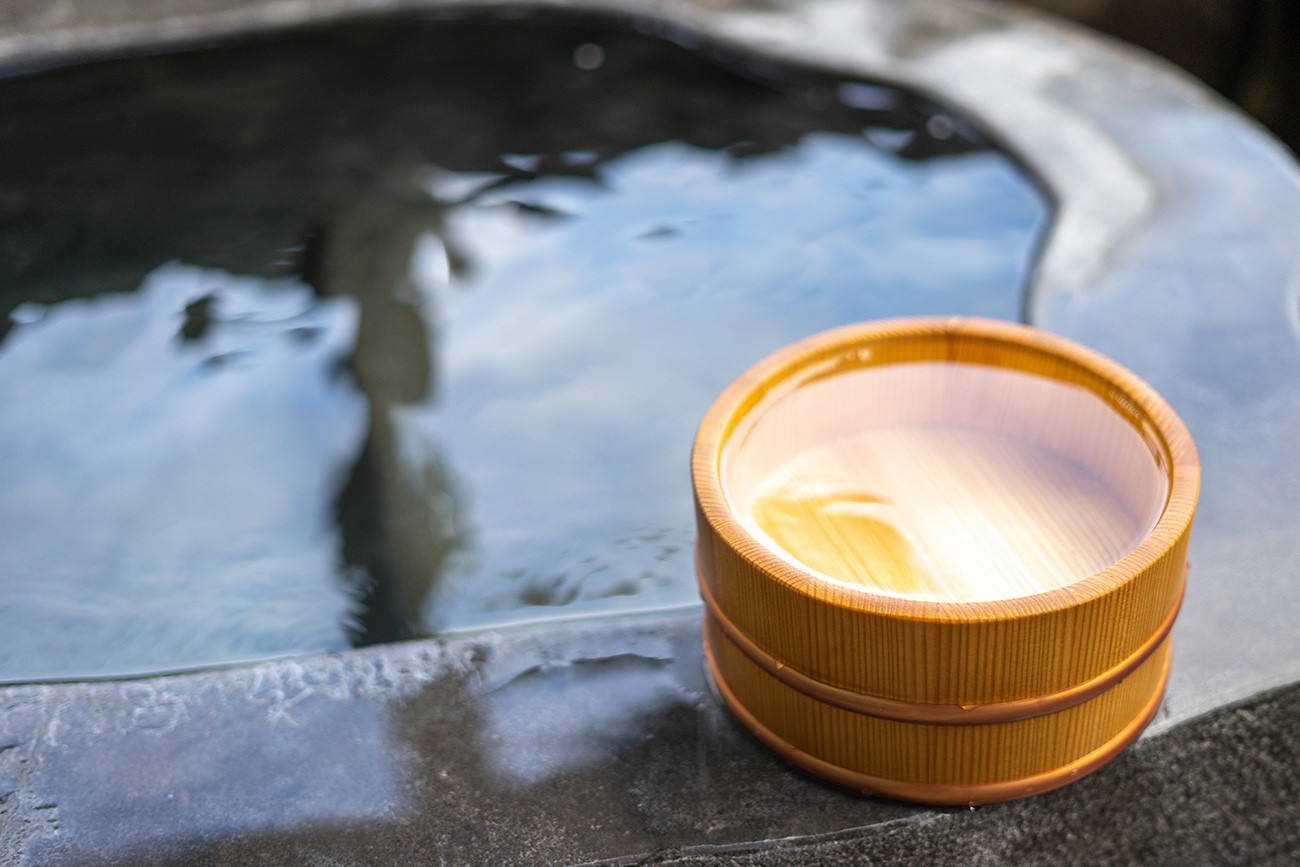
Experiencing Japanese hot springs or public baths is a unique opportunity, but there are rules to follow.
Before entering the water, you must thoroughly wash yourself. Keeping the water clean is a gesture of respect toward other bathers. It’s also considered rude to let your towel touch the water; place it on your head or keep it outside the bath.
12. Book Popular Attractions in Advance
Popular destinations like Aichi Prefecture's Ghibli Park, TeamLab's digital art museums, and Universal Studios Japan in Osaka can be crowded.
Booking tickets online in advance can save you time and sometimes money. Ghibli Park, as of November 2024, requires prior reservations.
👉Japan TeamLab Planets TOKYO Ticket
👉Warner Bros. Studio Tour Tokyo - The Making of Harry Potter: Admission Ticket | Japan
13. Dress and Pack for the Season
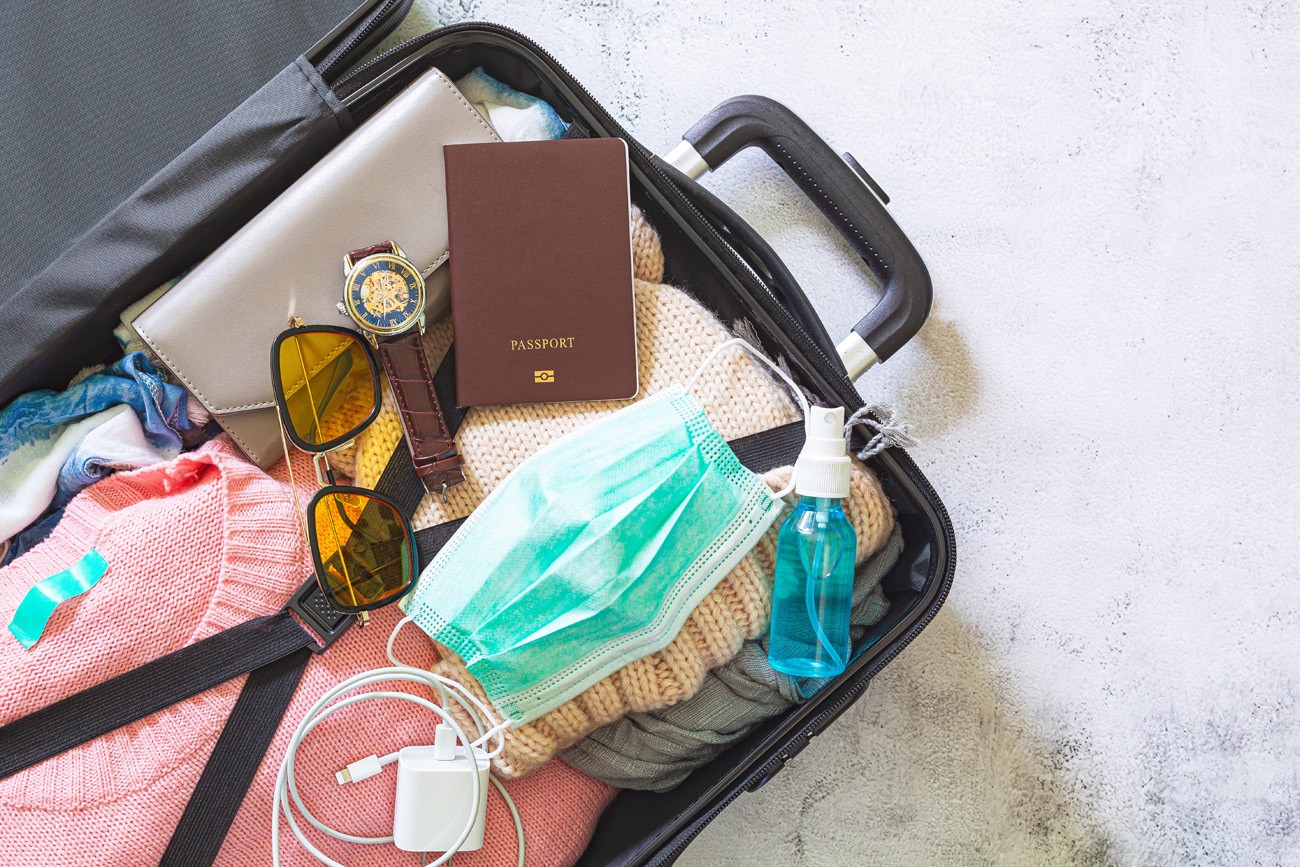
Japan has four distinct seasons, each with different needs and attractions. Spring brings cherry blossoms but also variable temperatures, so bring layers for viewing evening blossoms.
In summer, sunscreen, hats, and hydration are vital due to high humidity and heat risks.
For winter, except in Okinawa, dress warmly with items like down jackets and scarves. In snowy areas, snow boots provide safe footing.
14. Prepare for Natural Disasters
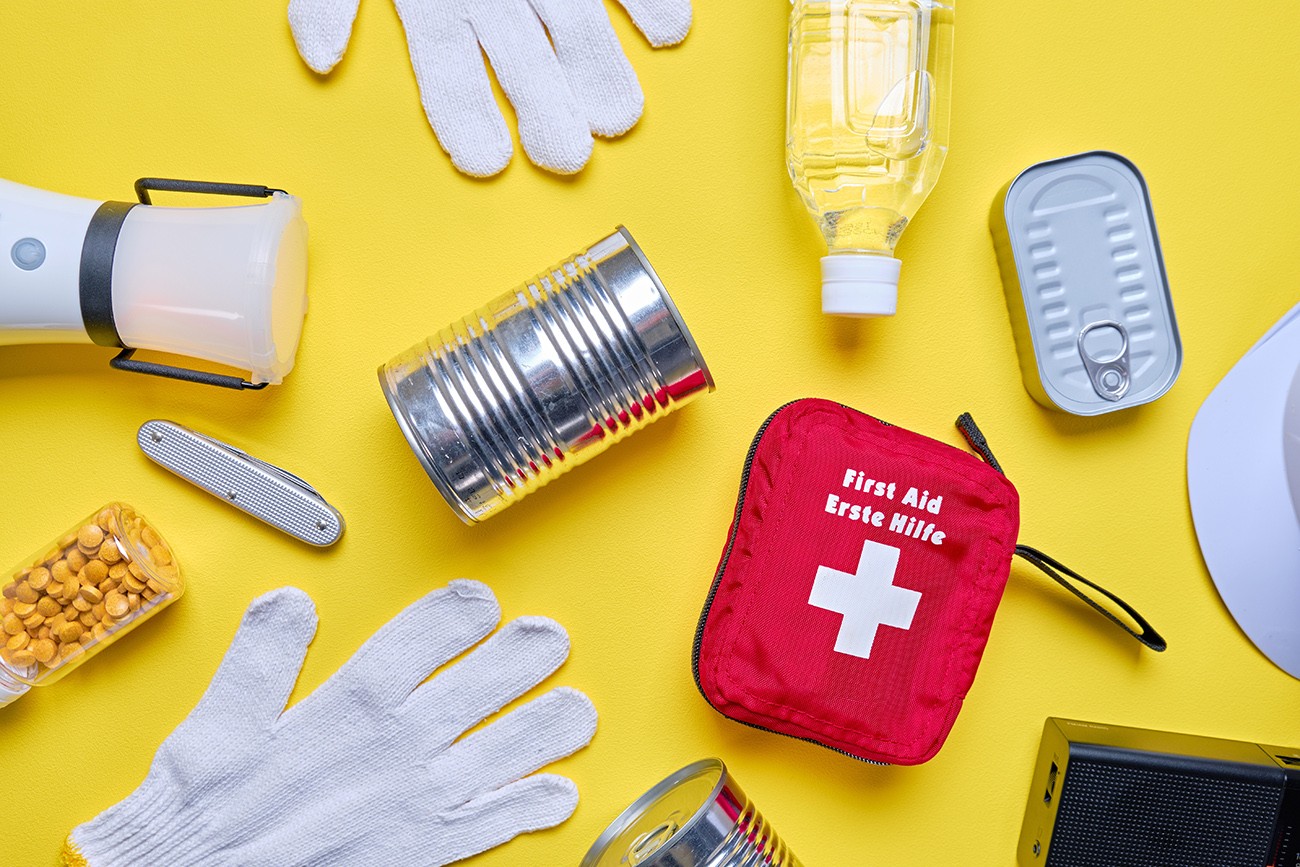
Japan experiences earthquakes, typhoons, and other disasters. Each area has designated evacuation centers, so familiarize yourself with the closest one during your stay.
For alerts, use apps like "Safety tips," which provides multi-language updates on earthquakes, tsunamis, and severe weather, or "Nerv" for shelter, water supply, and road conditions.
In case of fire or injury, dial 119 for fire and ambulance services. For crime or accidents, call 110 for police assistance.
15. Understand Japanese Gestures and Hand Signals

Japan has unique gestures that can aid communication.
Forming a circle with the thumb and index finger means "OK" or "good." Making a large circle over the head with both hands also indicates "OK."
Waving a hand or crossing arms to form an "X" signifies a negative response or "no."
In restaurants, crossing index fingers in an "X" signals a request for the bill. This gesture is often used by older generations.
Enjoy Your Trip to Japan!
By familiarizing yourself with important information and cultural customs, you can make your stay in Japan even more memorable and enjoyable.


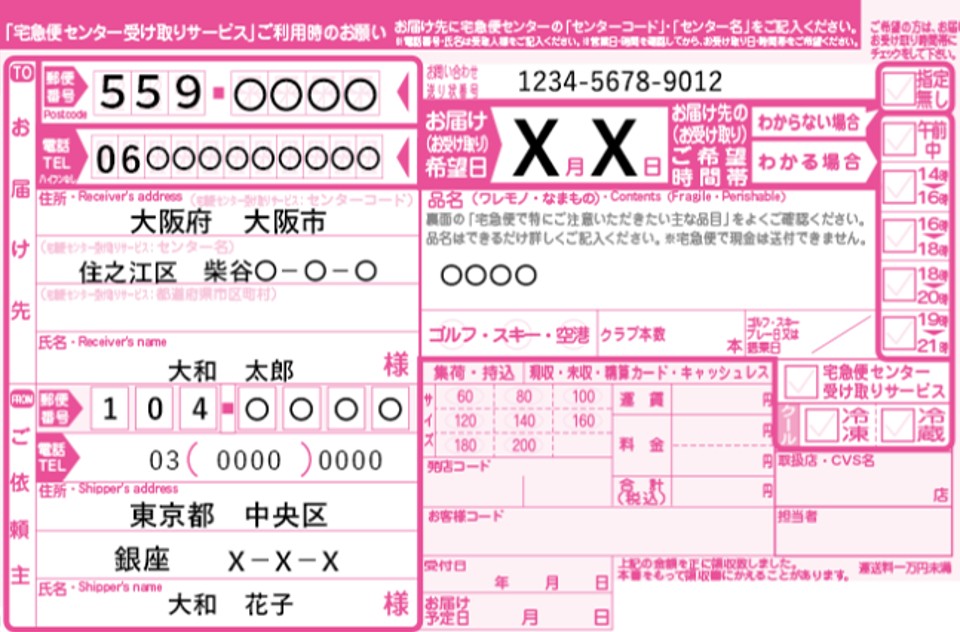
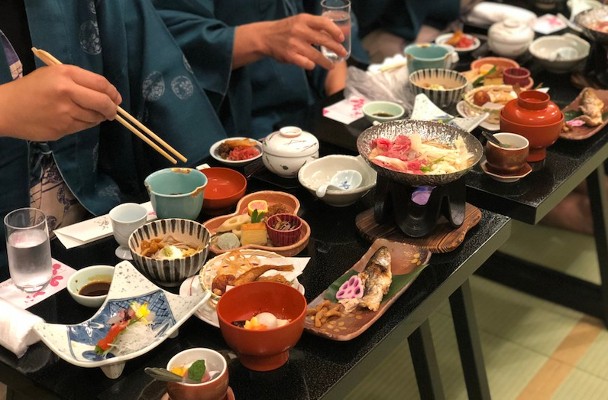
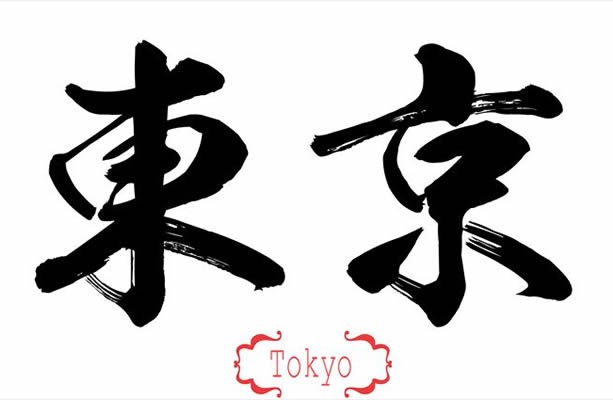


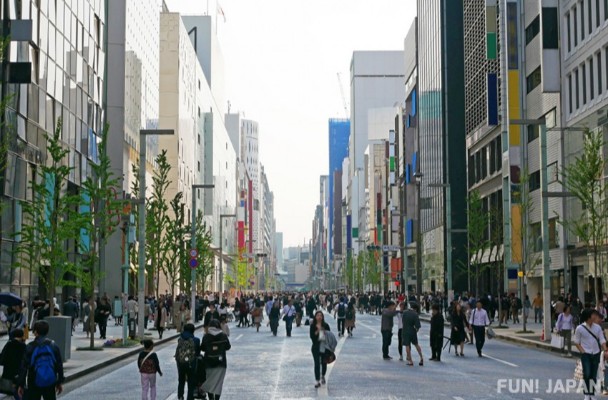
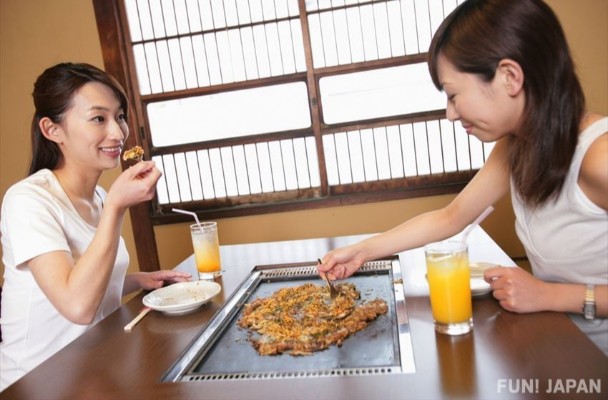


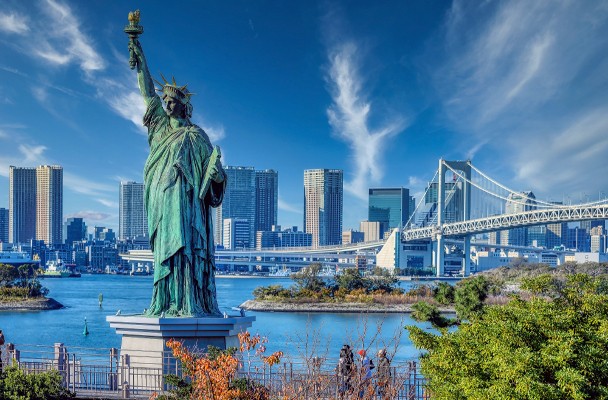
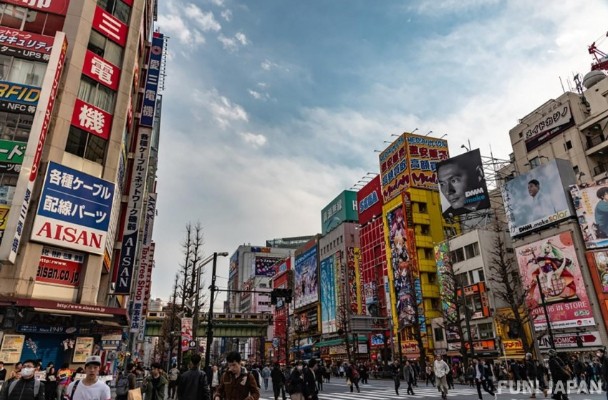
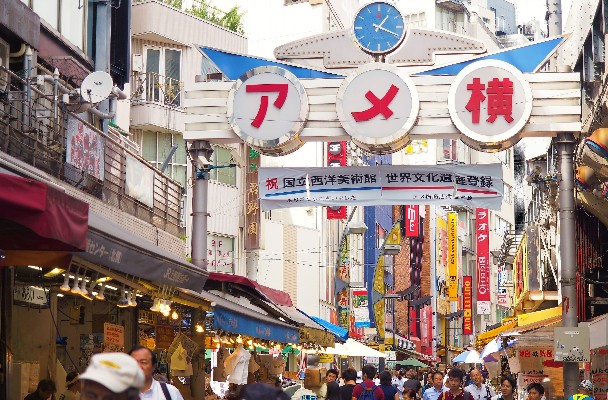
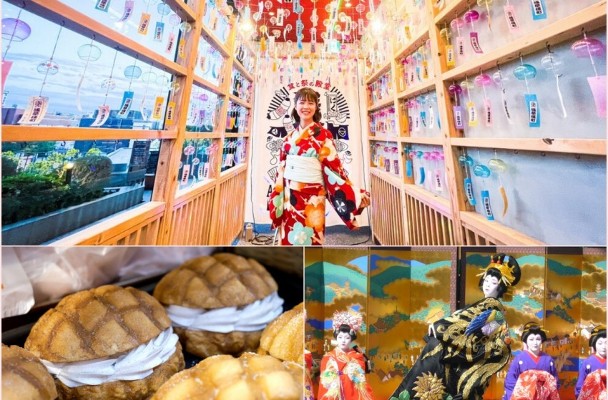

Comments